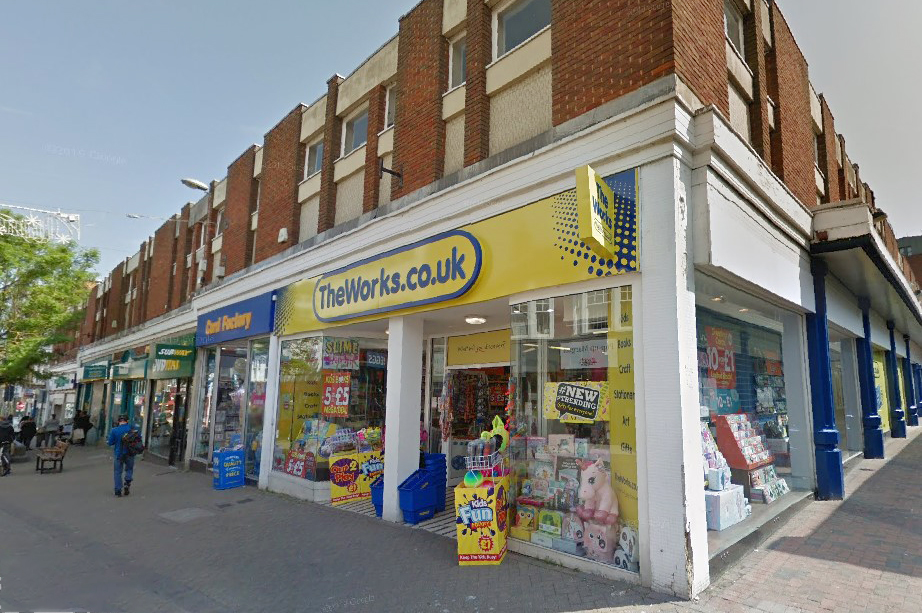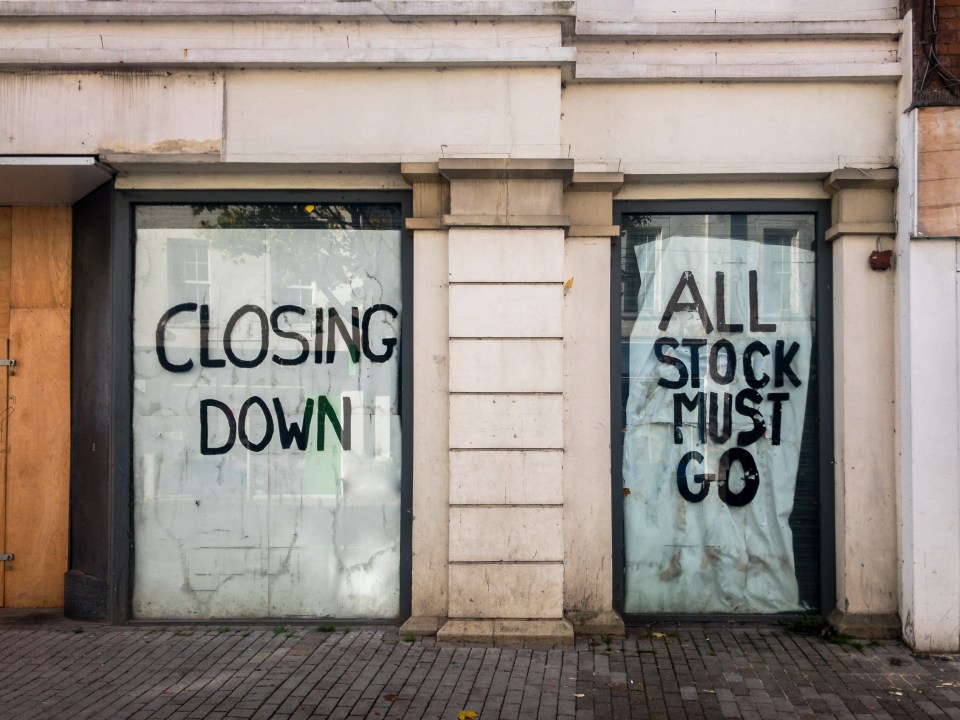A DISCOUNT retailer with more than 500 stores around the nation has confirmed it is set to shut one of its stores.
The high-street brand sells a range of books, art, craft materials and stationary.
The Works will close its Margate High Street store with the nearest alternative more than an hour’s walk away.
Kent residents could opt to head to Westwood Cross Shopping Centre or Ramsgate Garden Centre.
A spokesperson for The Works said: “As part of ongoing plans to optimise our store portfolio, we will be closing our Margate store.
“We have loved being part of the local community and apologise for any inconvenience caused by this closure.
“Customers can continue to shop with us at our nearby stores at Westwood Cross Shopping Centre and Ramsgate Garden Centre.”
Locals took to social media to express their despair.
One commented: “No I love the works.”
Another said: “Be nothing left in the town soon.”
Rosetta Baker told KentOnline: “Oh no! I love going in there, all the girls are so wonderful.”
Kevin Solly added: “I can’t be the only one who’s fed up with all these shop closures, we want our high street back.”
The Works claims to serve over 22.5 million people each year.
Selling products for all ages, the great value prices have often been a hit with bargain buyers.
It comes after five other branches closed earlier this year.
Three of the sites have already closed, with branches in Iver, Elgin, and Heighley Gate shutting down.
And two more stores were confirmed to close before the end of April, but the retailer kept tight-lipped about the locations.
These closures are part of business and normal practices where retailers may choose to close under performing sites.
The Works revealed its plans to also open around 60 new sites over the next five years.
The Sun has approached The Works for comment.
Why are retailers closing shops?
EMPTY shops have become an eyesore on many British high streets and are often symbolic of a town centre’s decline.
The Sun’s business editor Ashley Armstrong explains why so many retailers are shutting their doors.
In many cases, retailers are shutting stores because they are no longer the money-makers they once were because of the rise of online shopping.
Falling store sales and rising staff costs have made it even more expensive for shops to stay open.
The British Retail Consortium has predicted that the Treasury’s hike to employer NICs from April 2025, will cost the retail sector £2.3billion.
At the same time, the minimum wage will rise to £12.21 an hour from April, and the minimum wage for people aged 18-20 will rise to £10 an hour, an increase of £1.40.
In some cases, retailers are shutting a store and reopening a new shop at the other end of a high street to reflect how a town has changed.
The problem is that when a big shop closes, footfall falls across the local high street, which puts more shops at risk of closing.
Retail parks are increasingly popular with shoppers, who want to be able to get easy, free parking at a time when local councils have hiked parking charges in towns.
Many retailers including Next and Marks & Spencer have been shutting stores on the high street and taking bigger stores in better-performing retail parks instead.
In some cases, stores have been shut when a retailer goes bust, as in the case of Carpetright, Debenhams, Dorothy Perkins, Paperchase, Ted Baker, The Body Shop, Topshop and Wilko to name a few.
What’s increasingly common is when a chain goes bust a rival retailer or private equity firm snaps up the intellectual property rights so they can own the brand and sell it online.
They may go on to open a handful of stores if there is customer demand, but there are rarely ever as many stores or in the same places.
The Centre for Retail Research (CRR) has warned that around 17,350 retail sites are expected to shut down this year.









